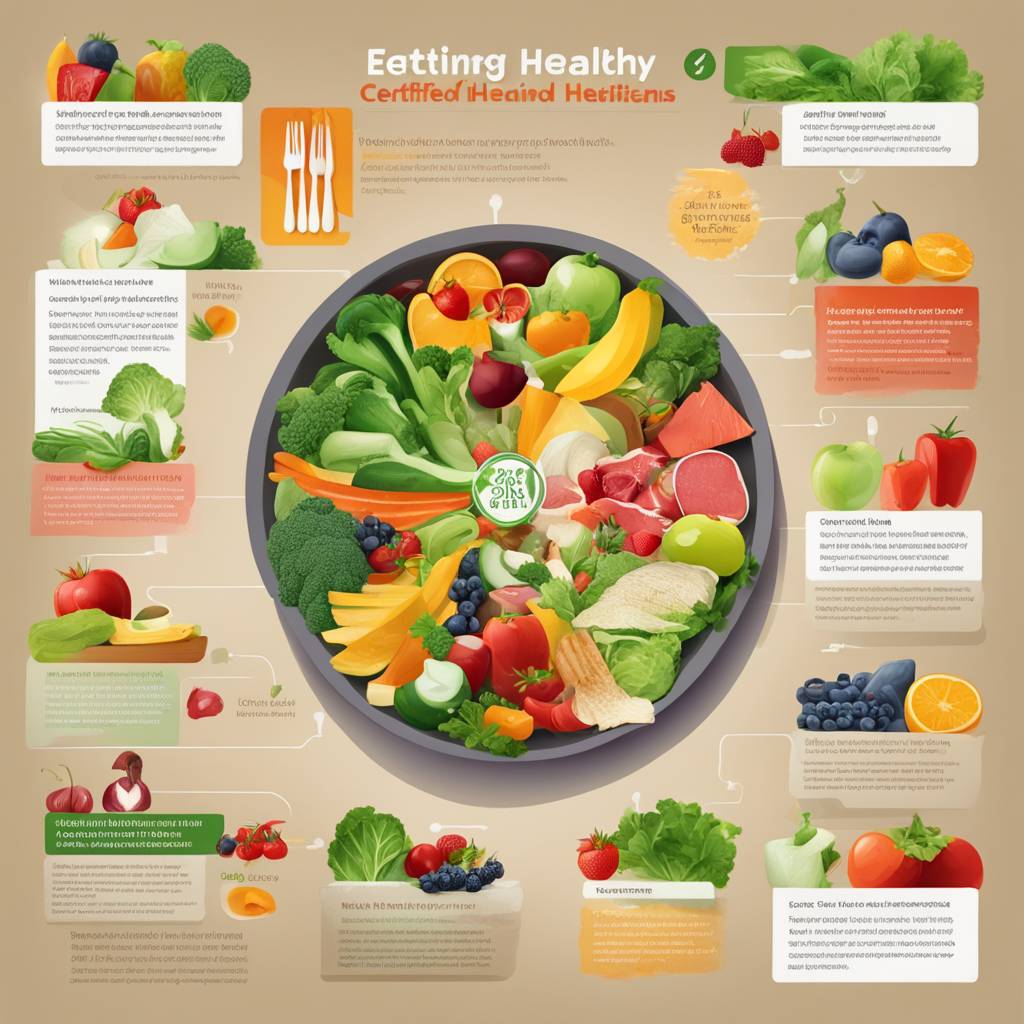National Nutrition Month is celebrated in March, and to mark the occasion, several registered dietitians shared their top nutrition tips for healthy eating. None of the experts recommended following a specific diet or restricting calories, but rather focused on adding more foods to your plate and creating well-balanced meals. One common tip was to incorporate more plants into every meal, as they provide essential nutrients and health benefits. By adding things like greens, black beans, or mushrooms to your meals, you can improve your overall health and prevent diseases like heart disease and cancer.
Registered dietitian Elizabeth Shaw emphasized the importance of changing perspectives on processed foods. She explained that not all processed foods are bad, and many are actually quite nutritious, providing important nutrients like fiber, potassium, and vitamin D. While it’s essential to limit ultraprocessed foods that can lead to negative health outcomes, there are many processed foods, such as frozen fruits and vegetables, yogurt, and tofu, that can be part of a healthy diet.
Following the MyPlate method was recommended by dietitians Jessica Jones and Wendy Lopez, who have used this tool with thousands of clients. The MyPlate method involves dedicating half your plate to non-starchy vegetables, a quarter to lean proteins, and a quarter to whole grains, with healthy fats included for added nutrients and satiation. This approach helps balance blood sugar levels, maintain steady energy, increase fiber intake, and ensure a variety of nutrients in meals. It also promotes adding to your plate rather than restricting, which is beneficial for overall health.
Registered dietitian Abby Langer stressed the importance of not overcomplicating nutrition and enjoy a variety of whole and minimally processed foods. She advises focusing on whole foods, including plenty of plants, and making sure to get enough fiber. It’s crucial to have a flexible approach to eating, avoid strict food rules or fad diets, and find enjoyment in food. By being mindful of what you eat and choosing foods that work for your lifestyle, taste preferences, and budget, you can develop a healthy and positive relationship with food.
Cara Harbstreet, a registered dietitian, highlighted the importance of ditching diet labels and instead adopting a flexible approach to eating. Rather than following strict rules or trends, she suggests basing food choices on lifestyle, taste preferences, and budget. By focusing on what works best for you and incorporating balance and variety into your diet, you can create a healthy mindset around food. It’s essential to remember that nutrition isn’t always black and white and to be flexible in your approach to healthy eating.
Finally, registered dietitian Dalina Soto recommended always eating with a table, plate, and chair to make the dining experience more mindful and enjoyable. By putting your food on a plate and sitting down to eat, you can eat slower, chew more thoroughly, and savor the meal. Soto also suggested looking at each meal as an opportunity to add nutrition and flavor, challenging clients to think about how they can elevate their dishes with fruits, veggies, or other nutritious additions. It’s important to make mindful choices when it comes to food and nutrition and to seek information from credible sources, such as registered dietitians, rather than falling for misinformation on social media.













